Summary
Sannasi, a folk musician, convinces Sooravali, his lover and a female dancer in his troupe, to marry Karuppaiah, a seemingly docile man. Little do they realise the sinister intentions of Karuppaiah, but when they do it is too late.
Cast

M. Sasikumar
Sannasi

Varalaxmi Sarathkumar
Sooravali
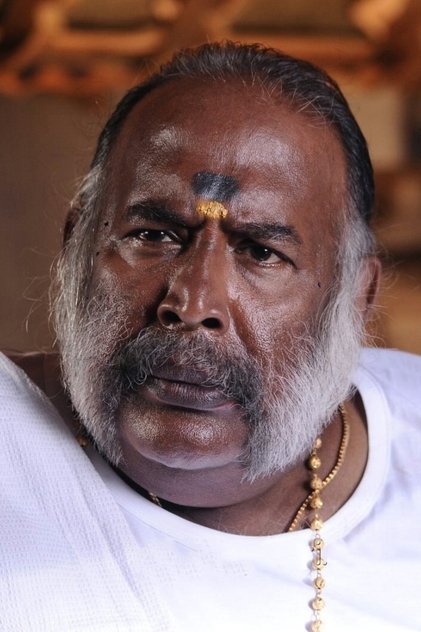
G. M. Kumar
Samipulavan
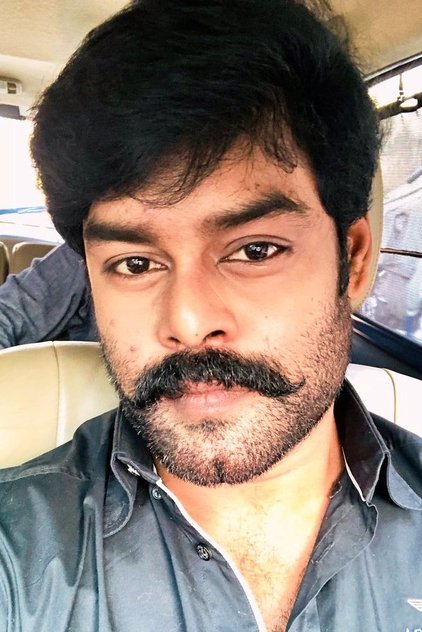
R. K. Suresh
Karuppaiah

Ramya NSK
Ramya
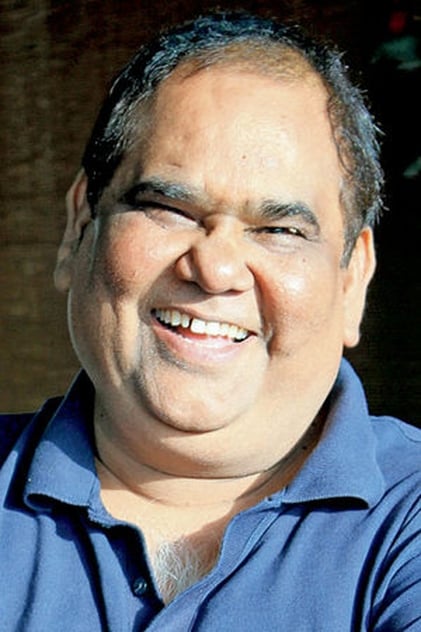
Satish Kaushik
Amudhavanan
Kavya Shah
Crew
Director, Dialogue, Screenplay, Story
Bala
Reviews
timesofindia
February 1, 2016
5
Bala's explorations into the dark side of human nature have worked better when they have had a strong context and were an inherent part of the plot. Pithamagan's Sithan was brought up in a graveyard and he acted as drug mule, so the tragic fates that people close to him meet was unavoidable. Similarly, the visually-challenged Hamsavalli of Naan Kadaval, who is forced into begging, seeks for her deliverance, which comes in the form of the Aghori, Rudhran. But when he has used it as just a plot device to bring his story to an end, the result has been unconvincing, as we saw in Avan Ivan, where the villain enters the lives of the protagonists to change its course.
Thaarai Thappattai, too, has a villain, Karuppaiah (RK Suresh, who is a superb addition to Bala's roster of menacing movie villains), a character which seems to be part of this tale just because Bala cannot help but have a blood-soaked ending. The film deals with the lives of Sannasai (Sasikumar, who is just about OK) and Sooravali (Varalaxmi). The son of Saami Pulavar (GM Kumar, who repeats what he did in Avan Ivan), a musician who will not compromise on his art, Sannasi has no problems in being a bit commercial. Sooravali is the main dancer in his folk music troupe, which performs at festivals, and she is madly in love with him. Life is challenging enough with most organisers booking them mostly in the hope that they will be able to sleep with the female dancers. So, when Sooravali's mother asks Sannasi to let his mother marry Karuppaiah, a seemingly docile man, he agrees, even though he is in love with her. But it is only later that Sannasi realises that he has sent Sooravali into hell and decides to take revenge.
Bala has never been a visual stylist but here, his style of filmmaking is shockingly crude in Thaarai Thappattai that you might mistake it for a B-movie. The moment when Karuppaiah makes an appearance with folded hands and ash on his forehead, we know that he is going to turn out into an evil creature. So, when we later get a scene where he rolls up a joint and inhales it, we are hit by the unsubtlety with which the reveal is made. Then there are the narrative jumps. One moment we see Sannasi hearing for the first of Sooravali's fate and the next scene, we see him break into the house where she is kept, even though she could not be traced by her mother for months. Even in the climax, we see him left beaten and bruised one moment and the next, he turns up where Karuppaiah is. The violence feels voyeuristic and sadistic, and you can't help but wonder if Bala is unable to think beyond such situations. And much like her character in the film, Sooravali, who kept the plot moving until the first half, is ignored for the most part of the second half. Instead, we get a sub-plot involving the plight of traditional performers.
If the film works to an extent, it is largely due to Ilaiyaraaja's fantastic score (the climax feels rousing only because the music is electrifying), Varalaxmi's uninhibited performance (she is over-the-top in a good way) and Bala's knack for bringing out humour amidst pathos (the bawdy versions of film songs taking a dig at all top film stars is something only Bala can do). But we are talking about a filmmaker whose films reinvigorated the current generation of filmmakers and sadly, he seems to be succumbing to formula.
Media
Status:
Released
Original Language:
Tamil
Budget:
$0.00
Revenue:
$0.00
Keywords
Recommendations
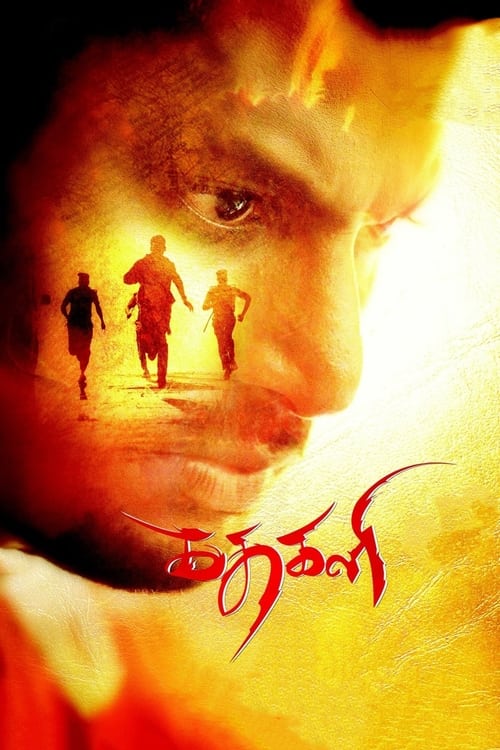
Kathakali
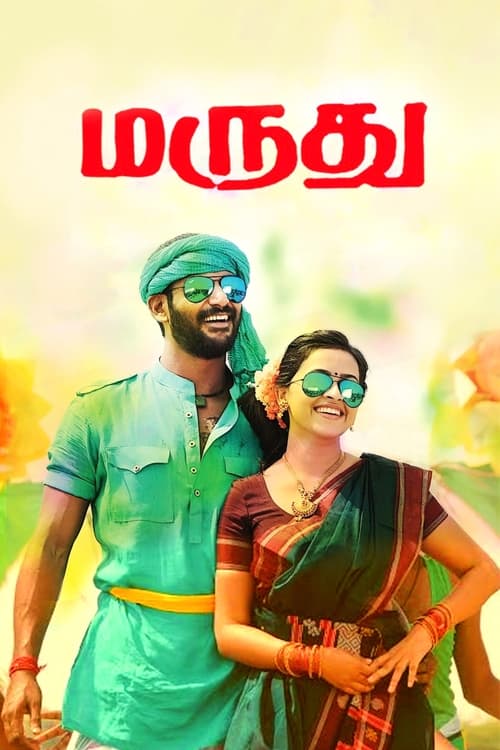
Maruthu
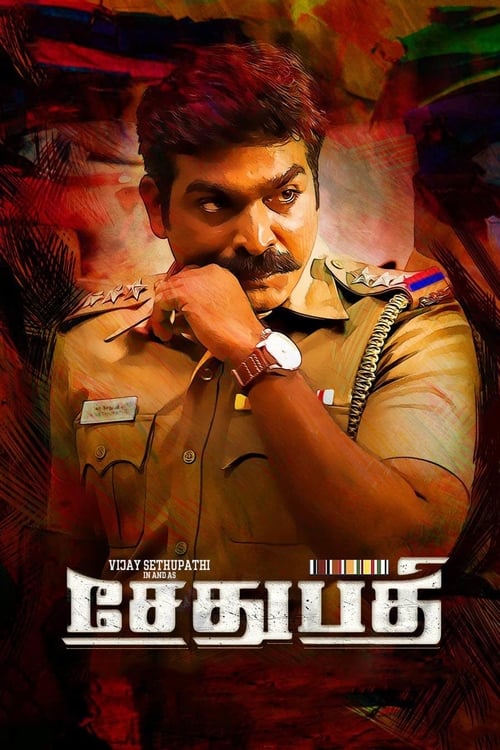
Sethupathi
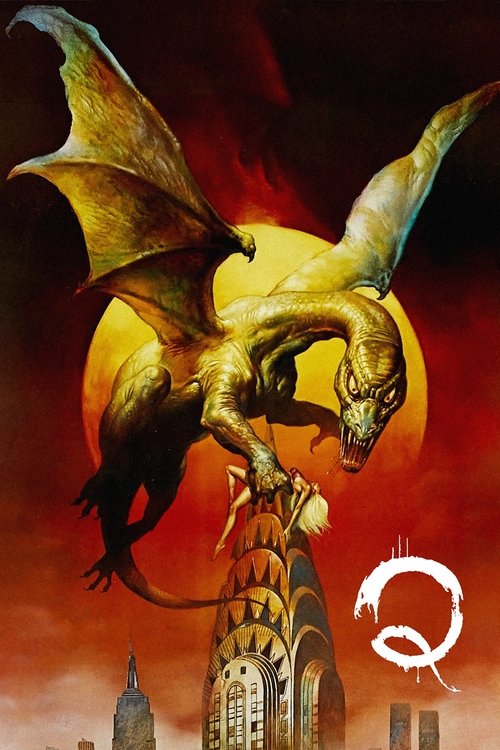
Q
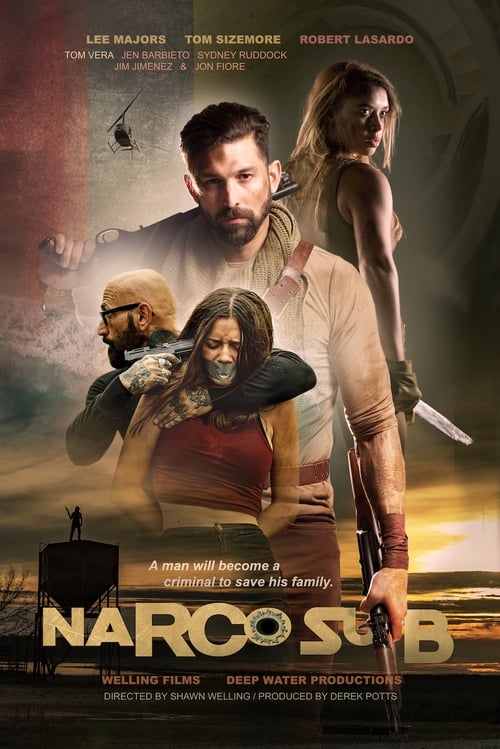
Narco Sub

Peter Rabbit 2: The Runaway
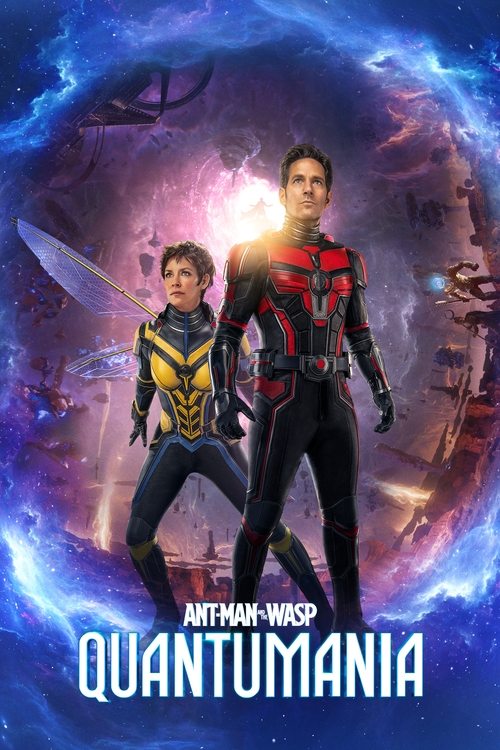
Ant-Man and the Wasp: Quantumania
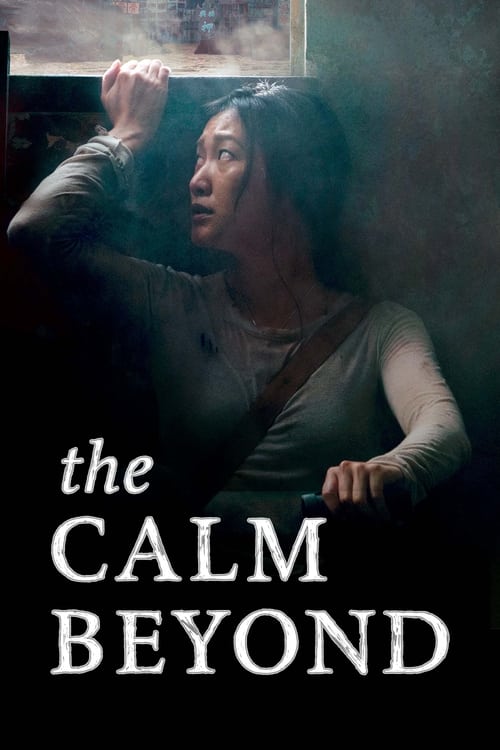
The Calm Beyond
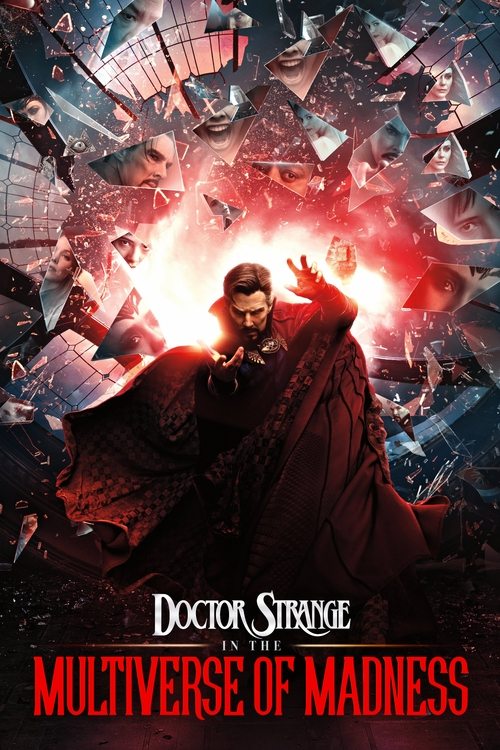
Doctor Strange in the Multiverse of Madness
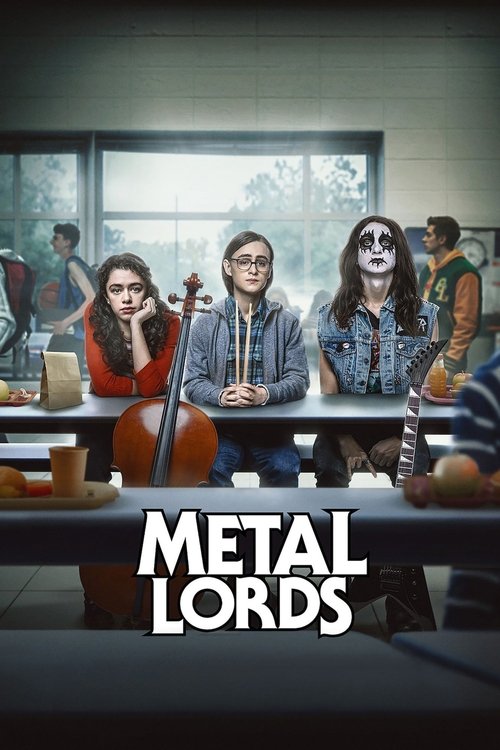
Metal Lords
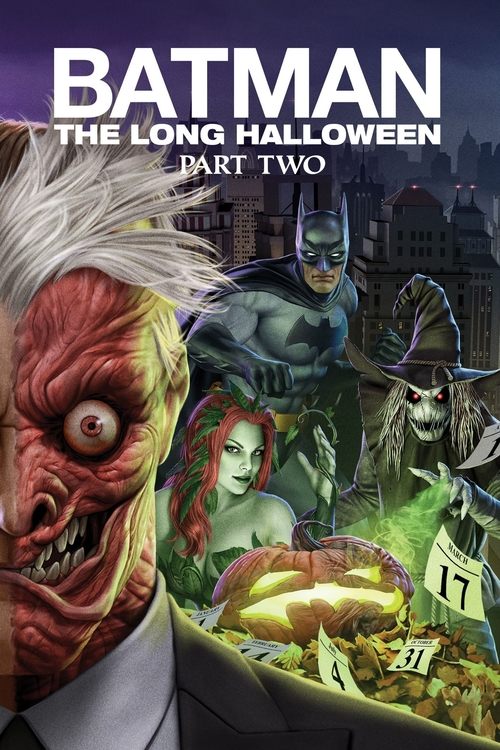
Batman: The Long Halloween, Part Two
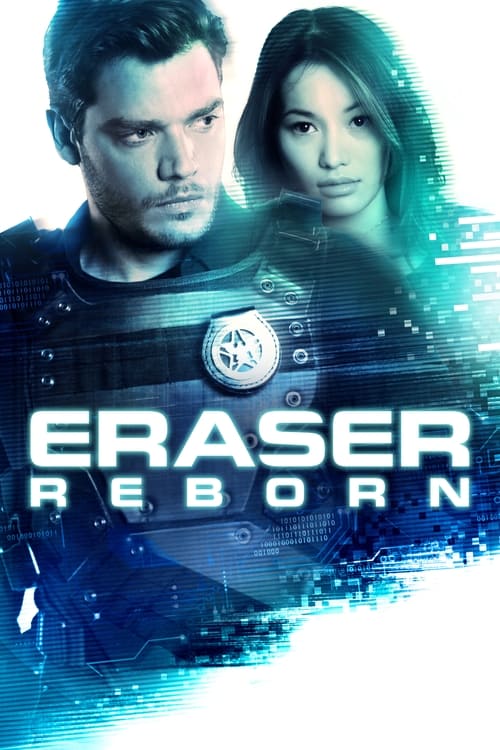
Eraser: Reborn
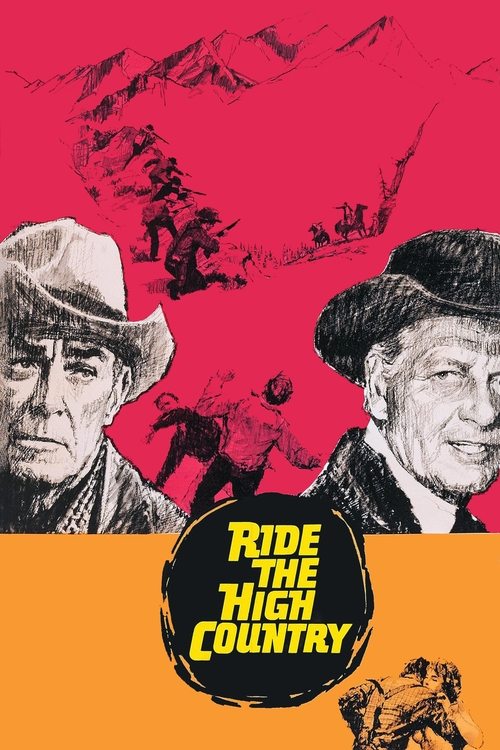
Ride the High Country

Thor: Love and Thunder
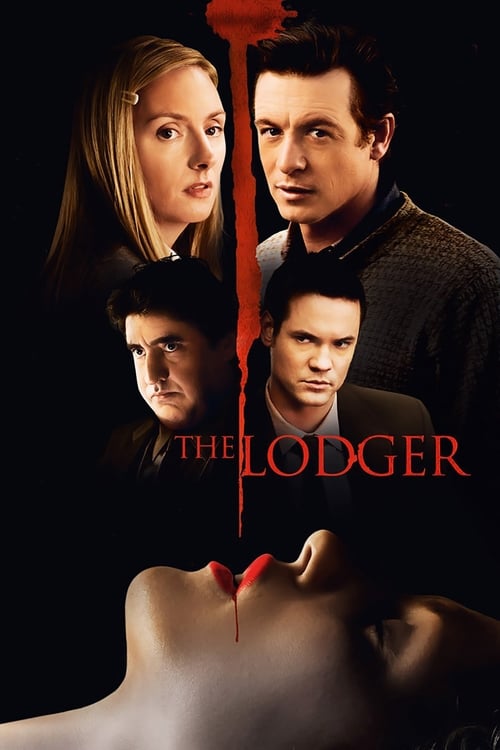
The Lodger

The Marine 2

Black Crab

Black Adam

The Forever Purge


